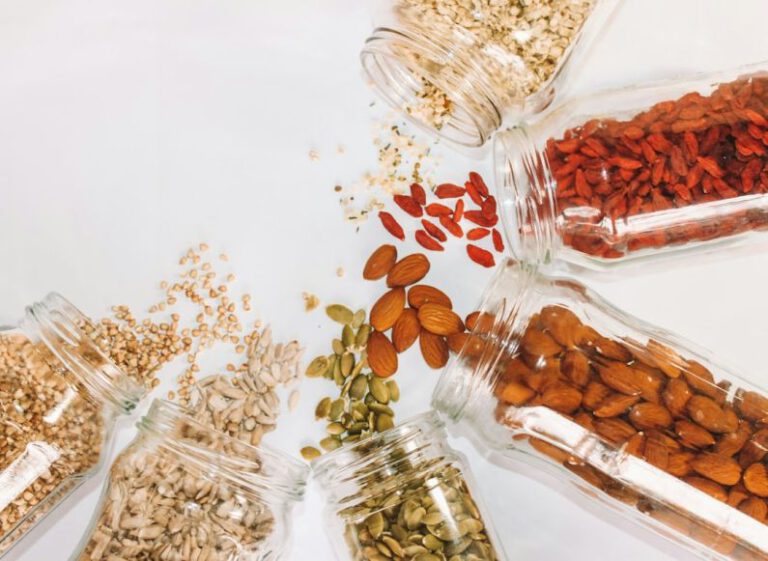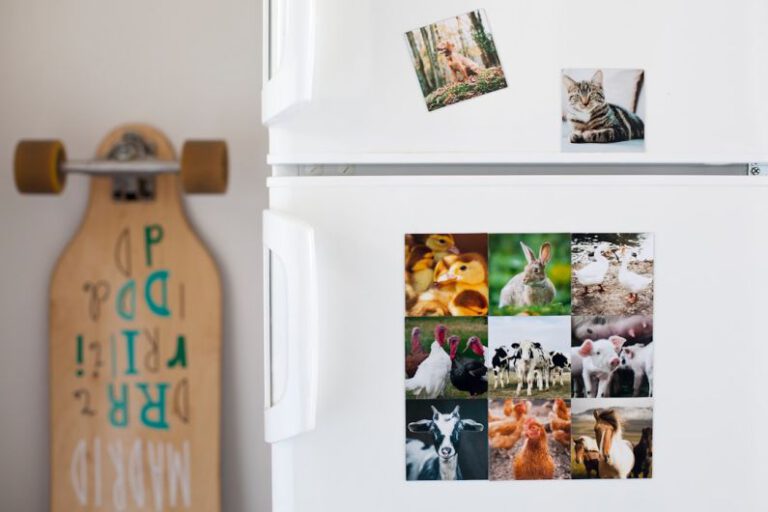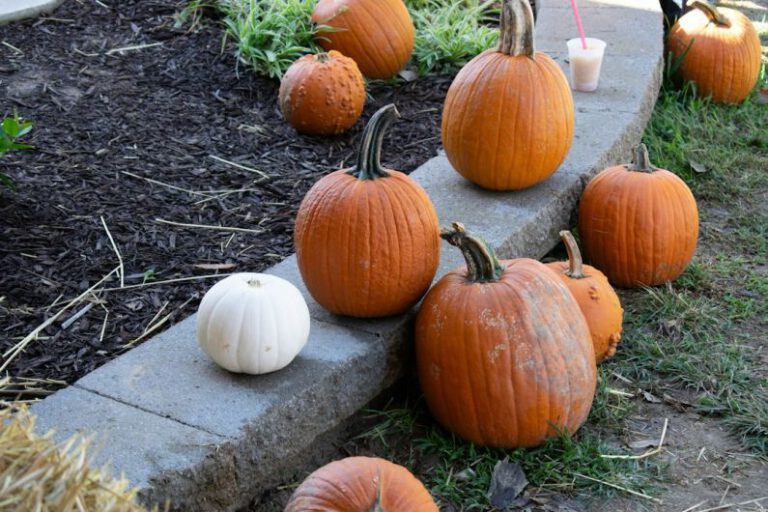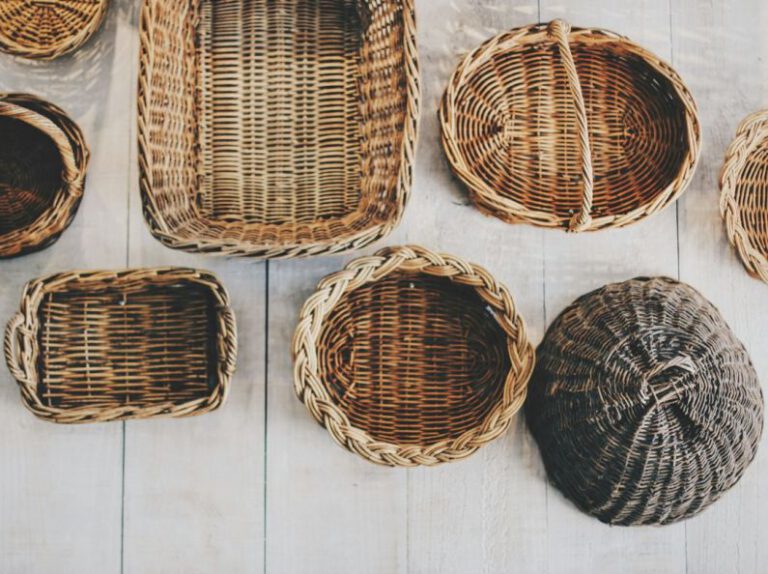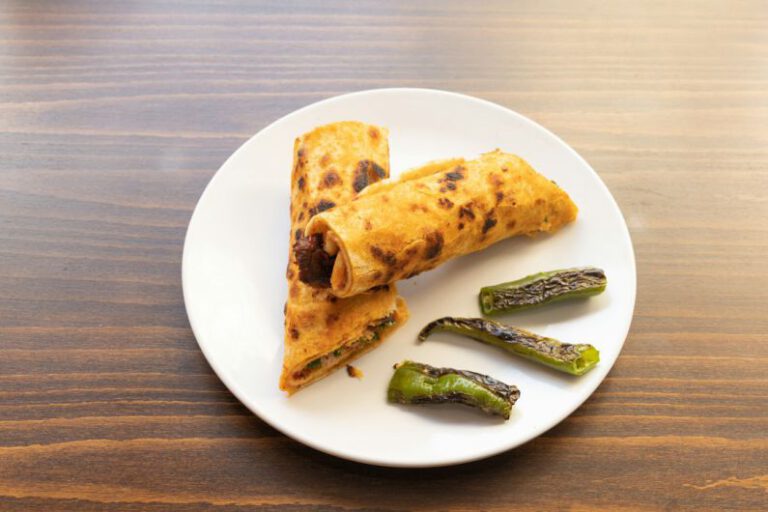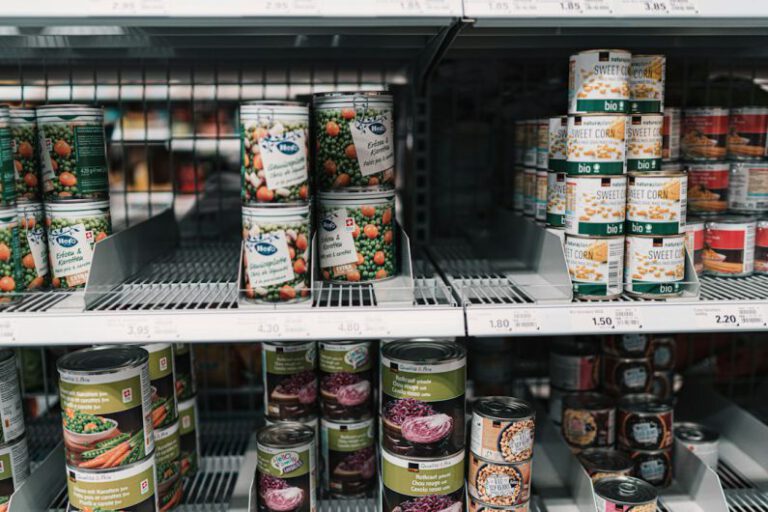Storing Homemade Sauces and Condiments
Homemade sauces and condiments can add a burst of flavor to any dish. From tangy barbecue sauce to creamy salad dressings, these culinary creations can elevate the taste of your meals. However, it is essential to store these homemade sauces and condiments properly to ensure their freshness and longevity. In this article, we will explore some tips and techniques for storing homemade sauces and condiments.
1. Use Airtight Containers
When it comes to storing homemade sauces and condiments, using airtight containers is crucial. These containers prevent air from entering, which can cause the sauce or condiment to spoil quickly. Mason jars, glass bottles, or plastic containers with tight-fitting lids are excellent options for storing your homemade concoctions. Make sure to choose containers that are the appropriate size for your sauce or condiment to minimize air exposure.
2. Label and Date
To avoid confusion and ensure you use your homemade sauces and condiments before they expire, it is essential to label and date your containers. Write down the name of the sauce or condiment and the date it was made. This simple step will help you keep track of the freshness and prevent any mishaps while cooking.
3. Refrigerate or Freeze
Depending on the type of sauce or condiment you are making, you may need to decide between refrigerating or freezing it. Generally, sauces and condiments with high acid content, like ketchup or hot sauce, can be stored in the refrigerator for several weeks. On the other hand, sauces with lower acid content, such as mayonnaise or aioli, should be stored in the freezer to prevent bacterial growth. Be sure to read the recipe or consult a reliable source to determine the best method for storing your specific sauce or condiment.
4. Portion Control
If you find yourself making large batches of homemade sauces and condiments, it is a good idea to portion them out before storing. Dividing the sauce or condiment into smaller containers allows you to thaw or use only what you need, reducing waste and ensuring the rest remains fresh. Additionally, smaller portions thaw more quickly, making it convenient for spontaneous cooking or last-minute meals.
5. Keep Away from Direct Sunlight
Another important factor to consider when storing homemade sauces and condiments is to keep them away from direct sunlight. Exposure to sunlight can cause the sauce or condiment to spoil more quickly due to the heat and UV rays. Store your containers in a cool, dark place like a pantry or cupboard to maintain their quality and flavor for a longer period.
6. Check for Signs of Spoilage
Regularly checking your homemade sauces and condiments for signs of spoilage is essential for maintaining food safety. Look out for any changes in color, texture, or odor that may indicate that the sauce or condiment has gone bad. If you notice any of these signs, it is best to discard the entire container to prevent any foodborne illnesses.
In conclusion, properly storing homemade sauces and condiments is crucial for preserving their freshness and flavor. By using airtight containers, labeling and dating, refrigerating or freezing, portioning out, keeping away from direct sunlight, and checking for signs of spoilage, you can ensure that your culinary creations stay delicious and safe to consume. So, the next time you whip up a batch of homemade sauce or condiment, be sure to follow these tips for optimal storage.

